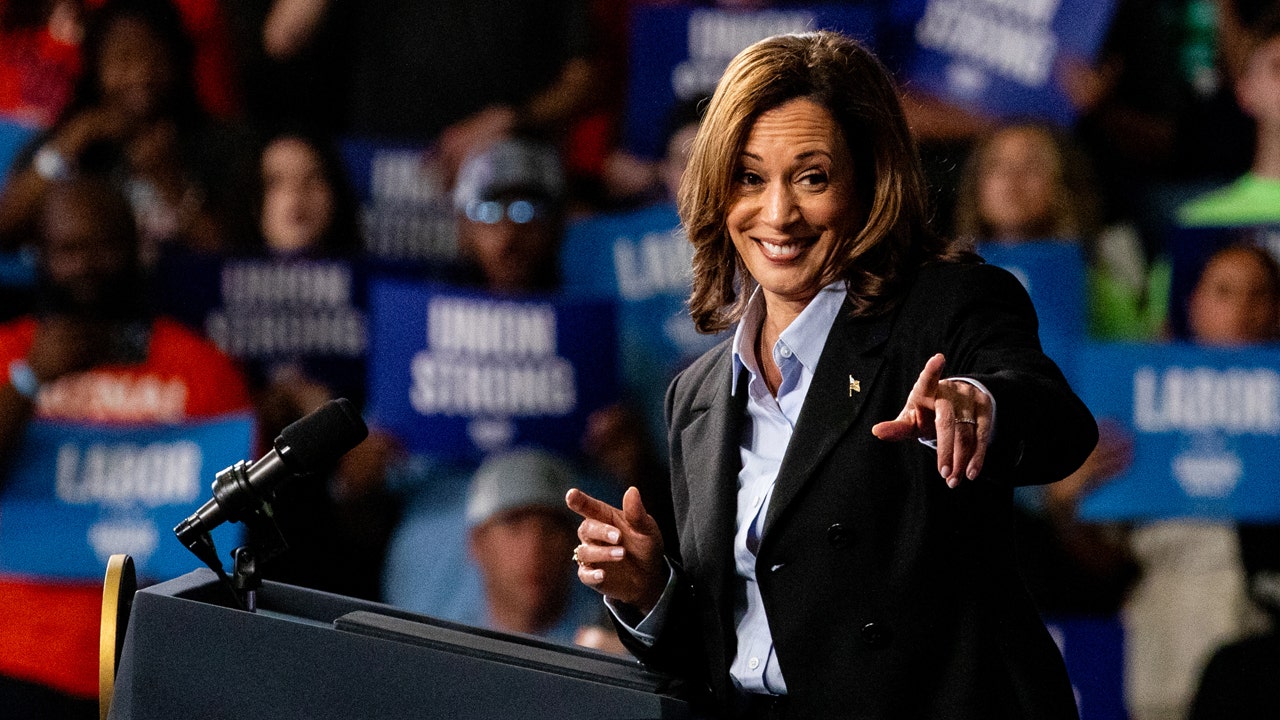Gov. Gavin Newsom called California lawmakers into a special session Saturday after Assembly Democrats rejected his request to pass new requirements for oil refineries in the final days of the regular legislative session that ends Saturday night.
The unusual move effectively pushes the Legislature into overtime to address the complex and politically sensitive issue of energy affordability just as campaign season heats up ahead of the Nov. 5 election.
Newsom’s order calls for lawmakers to formally open a special session today, but it’s unclear when they plan to hold hearings to consider the bills or how long the session will last. Lawmakers were scheduled to leave Sacramento this weekend to spend four months in their home districts.
“It should be common sense for gas refineries to plan ahead and replenish supplies when they go down for maintenance to avoid price spikes. But these price spikes are actually profit spikes for Big Oil, and they are using the same old scare tactics to maintain the status quo,” Newsom said in a statement.
“Convening the session now allows the Legislature to begin that work immediately so the state can resolve this important issue now and establish the rules necessary to prevent price spikes next year and beyond.”
It is the second time in two years that Newsom has called a special session focused on the economics of the oil industry, an issue that divides Democrats in their quest to combat climate change with ambitions to lower prices at the pump. Newsom has blamed the industry for high gasoline prices, which he accuses of ripping off consumers. Oil companies point to climate change and the state’s tax policies as drivers of rising prices.
Two weeks ago, Newsom announced a proposal to require oil refineries to maintain stable inventories to avoid fuel shortages and price spikes when refinery equipment is taken out of service for maintenance.
As the oil industry lobbied hard against the proposal, Democrats in the Assembly and Senate argued over how to move forward. Lawmakers said they were frustrated with Newsom’s attempt to push the plan through the Capitol at the last minute.
In a statement Friday, Assembly Speaker Robert Rivas (D-Hollister) said his caucus agreed with the governor on the need to urgently address affordability and would deliver results if a special session were called. But he declined to bring the bills to a floor vote before the Saturday deadline.
“What I will not do is push through bills that have not been sufficiently vetted in public hearings,” Rivas said. “Doing so could have unintended consequences for Californians’ pocketbooks.”
Assembly Speaker Robert Rivas said he would not rush Newsom's energy proposal through the Legislature.
(Rich Pedroncelli/Associated Press)
Newsom’s office began speaking with the Senate and Assembly earlier this summer about legislation that would allow his administration to require oil refineries to maintain stable inventories to prevent fuel shortages in California.
After gathering more pricing information from laws passed in an earlier special session on petroleum that ended last year, state regulators reported that charges at the pump increase when oil companies don't keep enough refined gasoline on hand to make up for production shortfalls or protect against the impact of unplanned maintenance.
Leaders of the Western States Petroleum Association said the governor’s refinery proposal will raise fuel costs in California and reduce supplies in Arizona and Nevada. The argument raised potent political concerns that state politics could become a national headache for Vice President Kamala Harris and other Democrats in a critical election year.
“It is noteworthy that lawmakers are considering such radical energy policies at a time when the nation is closely examining how the ‘California model’ will affect their families and their pocketbooks,” Catherine Reheis-Boyd, executive director of the Western States Petroleum Association, said in a statement this week.
The warning from WSPA, Chevron and other industry players spooked Assembly Democrats, who were also upset by the late introduction of the proposal.
In an effort to reach a deal with Democratic lawmakers, the proposal was linked to other bills in the Senate and Assembly during negotiations with leaders of both chambers. But environmentalists opposed some of those proposals, leaving Democrats with a set of bills that angered both ends of the environmental policy spectrum.
One of the Assembly bills, which would cut energy and climate programs that fund heating, ventilation and air conditioning upgrades in schools, the installation of energy generation and storage technologies in vulnerable communities and solar energy systems on affordable multifamily housing in favor of a meager one-time customer credit on electric and gas bills, drew widespread opposition from a coalition of environmental, education, housing and energy groups. Another bill, which had support from ratepayer advocates, would have required the Public Service Commission to develop a framework for analyzing total annual energy costs for residential households.
The bills did not offer enough incentive for Assembly Democrats to pass the plan this week. They also dismissed efforts by Senate President Pro Tempore Mike McGuire (D-Healdsburg) to seize the moment to pass Senate bills that would speed up environmental reviews of clean energy and hydrogen projects, save ratepayers money by reducing requirements for utilities’ wildfire mitigation plans and make it harder for companies to cut off service to customers.
The drama marked another effort by a governor on the cusp of the final two years of his second term to push last-minute bills through a Legislature guided by two new leaders. Earlier this summer, lawmakers also balked at passing a bill that would have put his retail crime measure on the ballot.
Newsom’s decision to call a special session also marks the second time he has sought to tighten California’s oil laws outside of the typical two-year process for hearing bills, which runs from January through August or mid-September each year.
The governor called a special session two years ago to penalize oil companies for excessive profits when gasoline prices soared. But lawmakers ultimately balked at adopting a penalty and Newsom refined his request to instead require more transparency from the industry.
Instead of capping and penalizing oil refinery profits, Newsom and lawmakers gave state regulators the ability to do so in the future. Consumer advocates and the governor celebrated the resulting law as an innovative tool that could keep gasoline prices from skyrocketing.
But Republican Gov. Joe Lombardo of Nevada joined the industry and his party in May when he sent Newsom a letter warning that a cap could “further raise gas prices for both congressional districts” because his state’s gas largely comes from refineries in California.
On Friday, Andy Walz, president of products for the Americas at Chevron, sent a letter to the California Energy Commission saying Newsom’s new refinery proposal “puts at risk the safety of refinery operations, the orderly functioning of markets and would leave industry and labor experts without a voice on key policies.”
“The physical, operational and cost burdens of maintaining unnecessary inventory are also a concern,” he wrote. “Constructing a single new storage tank can take a decade and cost $35 million. These costs would likely be passed on to the consumer. And given the current regulatory regime, with permitting restrictions and a ban on gasoline-powered vehicle sales, there is no opportunity to recoup the capital invested to build additional tanks, which could be the ‘straw that breaks the camel’s back’ for investors in the state’s energy market.”
The timing of a second special session on oil regulations could work in Newsom's favor if lawmakers get to work right away.
Newsom will finish signing the bills on his desk by Sept. 30, meaning he could have the political advantage if the special session begins before that period concludes. If the special session begins after the bills are signed, the governor could lose some of that leverage.
But when and if new mandates for the oil industry or lower electricity bills are ultimately passed could also affect the election.
Legislation that saves consumers money could give them something to promote to their constituents. Laws that potentially raise gasoline prices could be used as a weapon in California elections or national contests.












